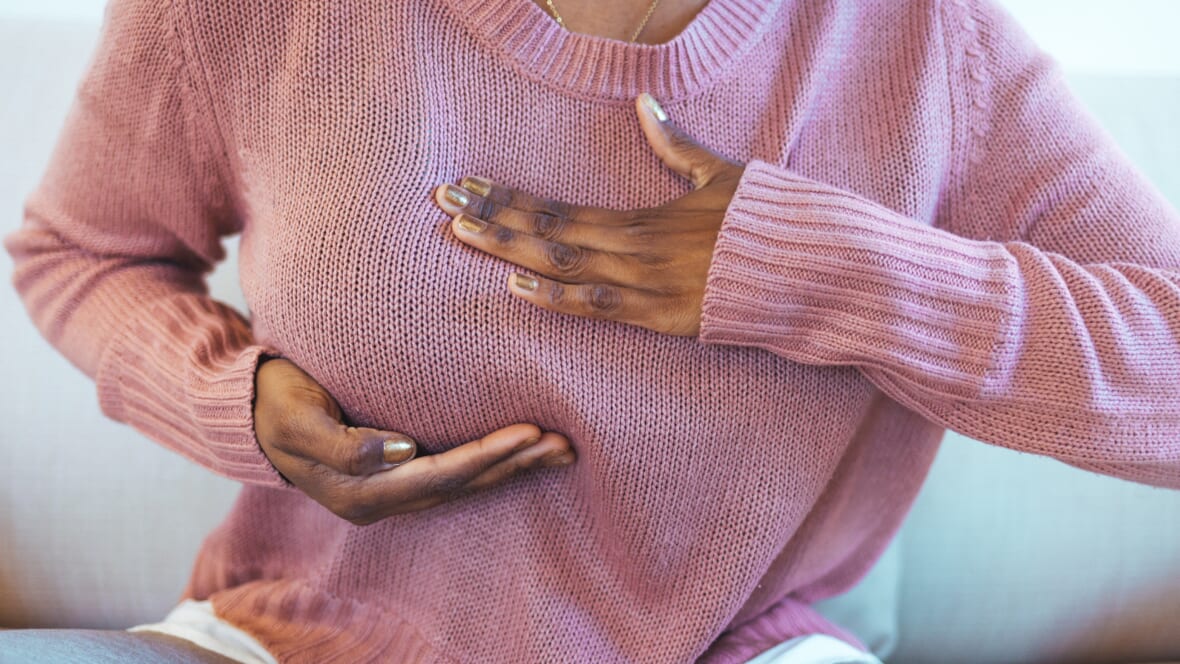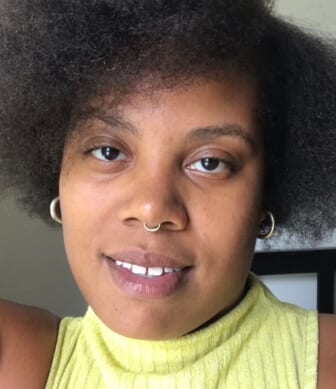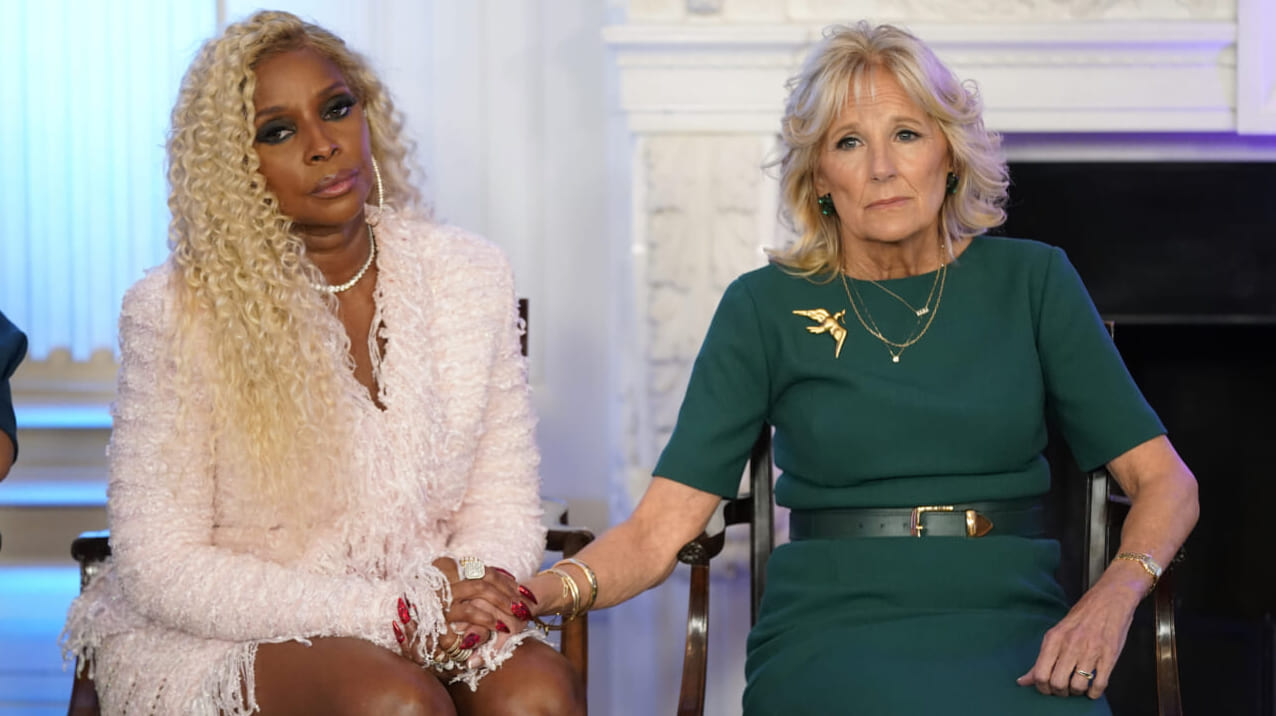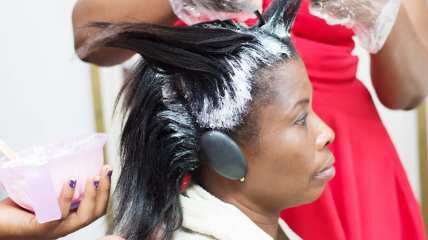Do you have breast self-awareness? It could save your life
As Breast Cancer Awareness Month comes to a close, learn how to gain breast self-awareness — and why you should.
According to the American Cancer Society, a person has a 99 percent chance of surviving breast cancer if it is detected before it has spread outside of the breast.
Early detection of cancer has long been determined to be life-saving. Breast cancer can be detected very early on through regular screenings — and with a healthy level of something referred to as “breast self-awareness.” Below, we break down what exactly breast self-awareness is, how to increase yours, and other potentially life-saving preventive measures.

What is breast self-awareness?
Breast self-awareness is something Dr. Tracy-Ann Moo, a breast surgical oncologist at the Memorial Sloan Kettering Cancer Center in New York, says doctors are encouraging women to gain because it is about understanding what is normal for your breasts. Gaining this self-awareness means knowing how your breasts regularly feel and how that can change hormonally, such as during your menstrual cycle.
“Instead of having this regimented [self-breast exam] of your breast once a month — this position, that position — it’s really just being more aware of your breasts and how your breasts feel,” Dr. Moo tells theGrio.
How do you gain breast self-awareness?
Breast self-awareness can be achieved through regularly feeling and looking at your breasts. Dr. Moo recommends feeling the entire breast starting from the armpits. A good strategy she suggests is to think of each breast as a pie, the nipple being the center of the pie. You then work your way from the edge of the breast to the center and repeat until each slice of pie has been felt.
How often this is done can be at your discretion, but Dr. Moo notes that it’s great to do this when you’re relaxing at the end of the day with your feet up. It could also become a part of your getting ready routine or when you apply body lotion.
In previous years, women have been instructed to investigate their own breasts in a very methodical way. However, Dr. Moo suggests a strict regime isn’t necessarily more effective than merely regularly feeling your breasts for any differences.
“In the past, we have recommended doing it in the shower, going round and around [the breast], doing it once a month,” says Dr. Moo, adding, “It would cause a lot of anxiety for patients.”
Is it really life-saving?
According to a recent study published in February by the medical journal Cureus, there is no significant difference between the effectiveness of someone who receives regular clinical breast exams and someone who practices regular breast self-exams. However, women noticing differences in their breasts often leads them to bring it to their doctor’s attention.
“The majority of cancers were initially identified by patients. BSEs detect breast cancers and women should continue performing them. Not all CBEs are equal,” reads the study.
So, what are you feeling for?
Dr. Moo says to feel for any abnormalities, which is why you need a good idea of what your breasts are normally like. Since some breasts are firmer in some spots and softer in other areas, you will want a good idea of what your normal is, including the size of each breast, firmness, and color of your areolas and nipples.
“We often describe women as having lumpy breasts,” says Dr. Moo, adding, “There are different types. During your cycle, they feel differently, firmer in one area, softer in another area and some of that is just a natural part of the structure of your breasts. So getting used to how that feels enables women to be able to detect when there is something different in their breasts like a lump.”
Dr. Moo also notes that since women often naturally have firmer spots, there are ways to know when a mass is of concern.
“Usually your breasts are quite symmetric. So if you feel one lumpy area on the right side and you feel the left side and you feel that same lumpy area on that side then that tells you that’s more of a natural lump. When things are asymmetric, that’s usually a clue that something is off or you should at least have your doctor check it out for you,” she says.
Dr. Moo adds if you’re not sure what you should look for, you should feel free to ask your doctor the next time during your breast exam. Males should also be aware of gynecomastia.
Do you still need to get regular screenings if you have good breast self-awareness?
That would be a very hard yes, says Dr. Moo, who couldn’t stress enough the importance of getting regular screenings and imaging done.
“The bigger basis of early detection is screening when you’re at the right age. For most women who are what we describe as [at] average risk for breast cancer, it’s starting at 40. It’s basically a mammogram or an ultrasound yearly starting at 40. The hope is that we’ll find abnormalities or lumps in the breast before you even feel them,” she says.
While Dr. Moo says 40 is the age for women of “average risk” she also urges beginning screenings ten years earlier than the earliest breast cancer diagnosis in your family. For instance, if your grandmother was diagnosed in her 40s, you should begin the diagnostic process in your 30s.
How can we overcome anxiety and fear about the process and outcome of screenings?
Experiencing anxiety and fear when the topic of cancer comes up is understandable. Dr. Moo says many people get anxious at the thought of conducting self-breast exams or getting regular screenings. However, that anxiety can actually be eased by getting regular screenings and, if possible, knowing your family history.
Earlier this month, singer Normani penned an op-ed for Elle magazine about her mother’s second breast cancer diagnosis. In it, she stressed the importance of speaking openly with relatives and learning family history, which Dr. Moo also advises.
“I know for a woman who has a strong family history [of cancer], that may make her more anxious every time she’s doing this — and those are probably the patients you may want to steer towards breast self-awareness,” she says, “but actually, if you know that you’re getting well-screened by your doctors, I think that actually takes some of the anxiety out of it.”

Kay Wicker is a lifestyle writer for theGrio covering health, wellness, travel, beauty, fashion, and the myriad ways Black people live and enjoy their lives. She has previously created content for magazines, newspapers, and digital brands.
TheGrio is FREE on your TV via Apple TV, Amazon Fire, Roku, and Android TV. TheGrio’s Black Podcast Network is free too. Download theGrio mobile apps today! Listen to ‘Writing Black’ with Maiysha Kai.


